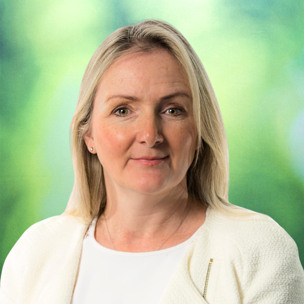Those who wish to celebrate their marriage in a place of worship, or elsewhere, that has not been registered for marriage must go through an additional civil ceremony in order to be legally married. Marriages which take place overseas will be recognised in the UK in specified circumstances.
Many Muslims in the UK have an Islamic religious marriage ceremony – a Nikah – in an unregistered building and do not have an additional civil ceremony. This means that their marriage will not be recognised as being legally valid.
The husband can end a Nikah marriage by using the “Talaq” procedure, which is not court based, whereas the wife will use a different procedure which usually involves an application to a Shariah Council.
An Independent Review into the application of Sharia Law in England and Wales in 2018 found that a significant number of Muslim couples do not register their religious marriage as a civil marriage. As such, this means that some Muslim women have no option of obtaining a civil divorce.
This appears to be a growing trend as the BBC has reported on a growing number of young Muslims in the UK are entering marriages that are not legally recognised. This is because couples are having an Islamic wedding without the civil ceremony needed for the marriage to be recognised under British law.
Dr Ghayasuddin Siddiqui, the head of Britain's Muslim Parliament, says the lives of many Muslim women are being ruined because their Islamic marriages are not legally recognised.
''It is a major problem in the community," insisted Dr Siddiqui. "But it is very difficult to put an exact figure on the scale of this because there are no statistics. It could be in its hundreds if not thousands."
Shaista Gohir is the head of the UK's Muslim Women's Network. She says the problem arises, in some cases, out of ignorance as many young Muslims believe that the nikah is legally binding.
''If a couple has a Nikah in a Muslim country then the marriage is recognised under UK law. But many do not realise that this is not the case if the nikah is conducted in this country,’’ she explained.
However, Ms Gohir said, some couples preferred to wait and “test out” the marriage before they had their civil ceremony but that sometimes, couples will simply say that they will register their marriage later but fail to do so.
Due to this, there are growing concerns that some Muslim women are being exploited with their partners promising a civil wedding before the Nikah and then refusing to go ahead with it afterwards. Speaking about this, Dr Siddiqiui said:
“This allows Muslim men to control their wives because they can threaten to leave them and end the Islamic marriage.”
“It also enables some men to commit polygamy. I know of cases where men have taken on several wives because they have just had the Nikah with each partner.’’
He wants Muslim women to protect themselves by always having a civil ceremony before the nikah and is also calling for all mosques to become registered to conduct civil marriages. This would then allow the couple to have the nikah and registry at the same time under one roof. However, Dr Siddiqiui highlighted that:
‘’The problem is that only a handful of mosques across the country are registering themselves.”
‘’I don’t know why this is the case because it is very simple to do – all they need to do is fill out a form.”
‘’Religious leaders must take a bigger responsibility to protect many Muslim women who are unnecessarily suffering."









